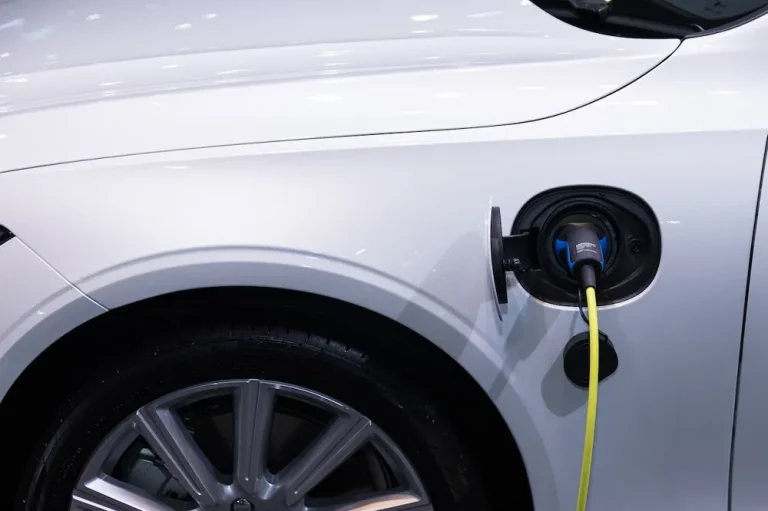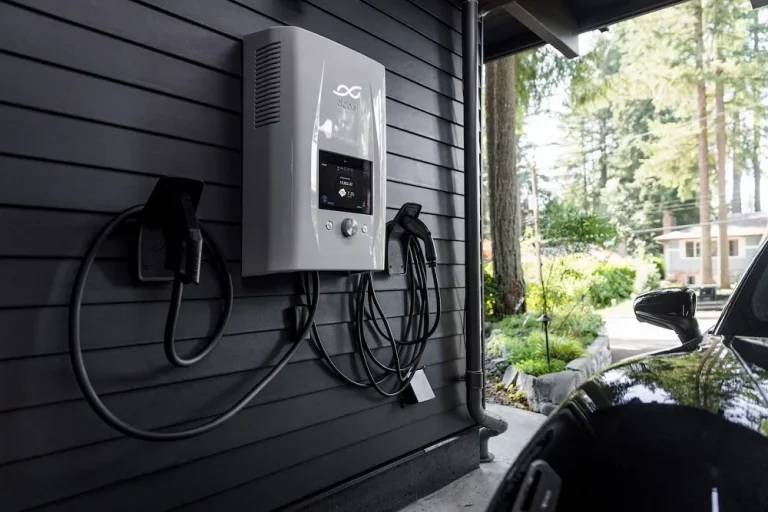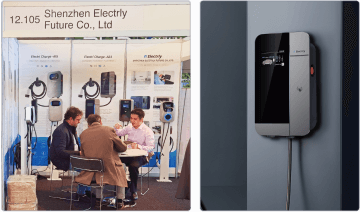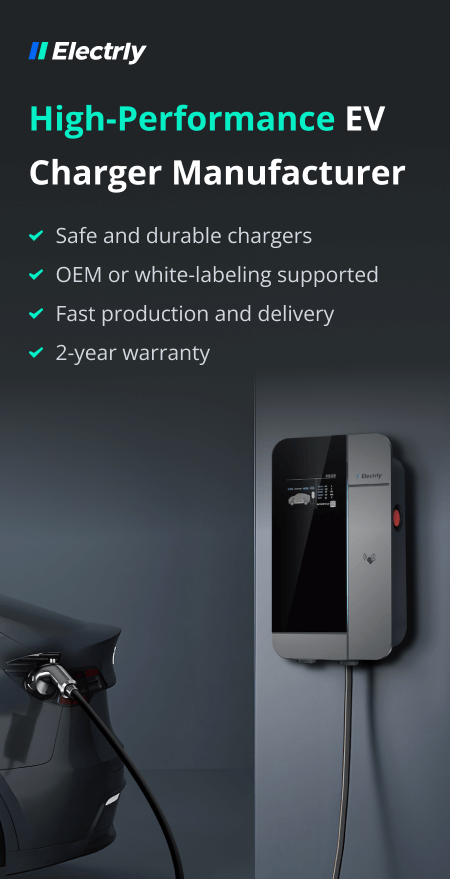I. Introduction
The emergence and wide acceptance of electric cars as an alternative to fossil-fueled cars have reassured us that EVs will soon take over the roads. But as with any technology, they can experience issues. One of the most common issues electric car owners face is car batteries not charging or other problems. Whether it’s a slow charge, an error message, or simply an inability to charge, troubleshooting electric car charging issues can be frustrating. Hence, the reason for this guide. From understanding error messages to checking the charging station, we’ve got the inside scoop on how to keep your electric car charged and ready to go. Let’s dive in!
II. Why Would Electric Cars Stop Charging?
There are several reasons why electric cars might stop charging, especially if you don’t get it from reliable EV charger manufacturers. Some of the most common causes of having a car battery not charging message on your dashboard include the following.
- Low battery: If too low, the electric car may not have enough power to start the charging process.
- Faulty charging cable: A damaged or defective charging cable can prevent the electric car from charging.
- Faulty charging port: A damaged or faulty one can also prevent the electric car from charging.
- Overheating: If the electric car or the charging station is overheating, the charging process may stop as a safety precaution.
- Power failure: If there is a power failure at the charging station or in the surrounding area, the charging process may stop.
- Software issues: In some cases, the electric car’s software may need an update or an error message that may stop the charging process.
- Weather conditions: In some cases, extreme weather conditions can affect the charging process, either by causing the charging station to shut down or preventing the electric car’s battery from charging efficiently.
III. How to Fix Your “Electric Car Not Charging” Problem Fast
If you have a car battery not charging message on your monitoring screen and your electric car refuses to charge, there are numerous things you can do to resolve the challenge fast. Here are some things to try:
- Check the charging cable: Ensure the charging cable is securely plugged into the electric car and the charging station and that there are no visible signs of damage, such as frayed wires or a loose connector.
- Check the charging station: Make sure it is plugged in and has power and that the charging station’s display shows that it is ready to charge.
- Check the battery level: If the battery level is too low, the car may not have enough power to start the charging process. In this case, you may need to drive the vehicle to a location with a charging station before attempting to charge it again.
- Check the weather condition: If the weather is extremely hot or cold, it can affect the charging process. In this case, you may need to wait for the weather to improve before attempting to charge the car again.
- Check for software updates: Make sure the electric car’s applications are updated and find out if there are any error messages or codes. If there is an error message, refer to the car’s manual or contact the manufacturer for assistance.
- Check with a professional: If none of the above steps resolve the issue, it is recommended to take the car to a professional for further diagnosis and repair.
In the end, getting quality EV chargers from Electrly charger companies will save you from a lot of headaches.

source: pexels.com
IV. Most Common EV Charging Issues and How to Fix
There are several common electric car problems that owners may encounter. Understanding these issues and how to fix them can save time and prevent frustration. Here are some of the most common EV charging issues and how to fix them:
- Slow charging: This can be caused by various factors, such as a low battery, a faulty charging cable, a faulty charging station, or a problem with the car’s software. To resolve this challenge, check the charging cable and charging station and ensure they are locked in properly and working. Also, check the car’s battery level; if it’s low, try driving to a location with a charging station before attempting to charge it again. If the issue persists, try updating the car’s software or contact the manufacturer for assistance.
- Error messages: Error messages like car battery not charging can appear when there is a problem with the charging process. These messages can indicate a problem with the charging cable, the charging station, or the car’s software. To fix this issue, check the charging cable and charging station to ensure they are correctly connected and functioning. Also, check the car’s software and make sure it is up to date. If the issue persists, refer to the car’s handbook or reach out to the manufacturer for assistance.
- Incompatible charging stations: Some electric cars may only be compatible with some charging stations. Ensure the charging station, including a portable electric car charger, is especially compatible with your vehicle. If not, consider using a different one
- Overheating: If the electric car or the charging station is overheating, the charging process may stop as a safety precaution. Wait for the car or the charging station to cool down before charging again.
- Power failure: If there is a power failure at the charging station or in the surrounding area, the charging process may stop. Wait for the power to be restored before attempting to charge again.
Weather conditions: Extreme weather conditions can affect the charging process, either by causing the charging station to shut down or preventing the electric car’s battery from charging efficiently.

source: pexels.com
V. EV Charger Daily Maintenance
To avoid issues such as car battery not charging and to ensure the smooth operation and longevity of an EV charger, it’s crucial to perform daily maintenance on the charger. Here are some steps you can take to maintain your EV charger:
- Keep the charging station clean: Regularly wipe down the charging station with a damp cloth to remove any dirt or debris that may have accumulated on the exterior.
- Check the cable: A continuous and periodic cable check is the remedy for avoiding most of the unpleasant surprises that happen with failures resulting from damaged cables, loose connectors, and frayed wires.
- Check the charging port: Regularly inspect the charging port for any visible signs of damage, such as a bent connector or a loose plug. If you notice any damage, replace the charging port immediately.
- Check for updates: Check for updates to the charging station’s software and install them if necessary.
- Keep the charger in a safe place: Make sure the charger is kept in a safe place, away from water and other hazards.
Conclusion.
In a nutshell, owning an electric car comes with challenges, and one of the most important ones is charging. Understanding the most common EV charging issues and how to fix them can save time and prevent frustration. Additionally, performing daily maintenance on the charger can help ensure that your EV charger stays in good working condition and continues to provide efficient and reliable charging for your electric vehicle. This guide has provided the information you need to troubleshoot and fix EV charging issues and tips for maintaining your EV charger. Remember, taking the time to understand and care for your EV charging equipment will help you keep your electric car charged and ready for a smooth and efficient driving experience.


